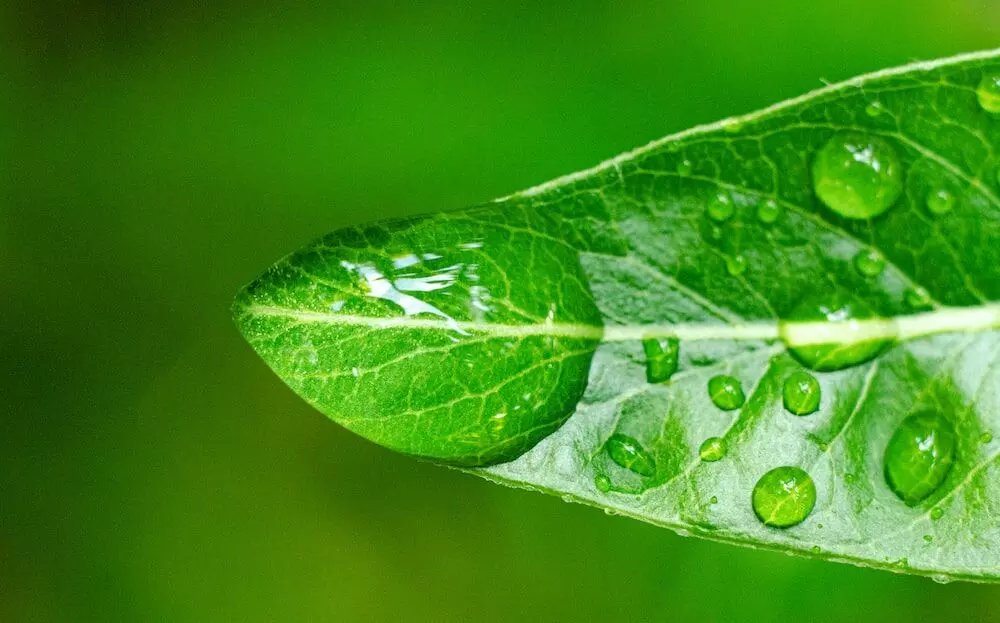
Microplastics found in plant leaves, "No environment on Earth safe"
text_fieldsScientists have found microplastics in water trapped in plant leaves. This indicates that no ecosystem on Earth is now safe from plastic-related pollution. Tiniest units of plastic have been previously found in the Mariana Trench (the deepest oceanic trench on the planet), Antarctica's snow, and even near the peak of Mount Everest.
Experts think finding plastic in the water in the plant leaf axils proves that the contamination is spreading through various pathways. The vessel in question is the short-term water reservoir created by plants. The team at the University of Presov in Slovakia thinks that probably no environment on Earth is now safe from the dangers microplastics pose.
They assess organisms living in the little water puddles forming in teasel leaf axils. These plants have opposite leaves that grow on the stem above each other on several levels. They clasp the stem and form cup-like structures that collect water, known as telmata.
Scientists found fragments and fibres of various colours in the microcosm. Some were even 2.3 mm in length. The team later identified these to be microplastics.
Teasel phytotelmata are a relatively common but overlooked aquatic microcosm with a very short-term occurrence of only 3 to 4 months. These phytotelmata are very small and have short lifespans. The pollution likely occurred by coming in contact with the atmosphere, said the study published in the journal BioRisk.
Another theory researchers are considering says the microplastics may have been transported to leaves from contaminated soil or other plants. They also think snails may have been responsible for delivering fibres and fragments to leaves.
Microplastics are categorised as pieces measuring less than 5mm across. They often carry trace metals, harmful chemicals, and even harmful organic materials. Experts have found microplastics in human blood and placenta as well which can damage cells by inducing inflammation and affecting immunity.












